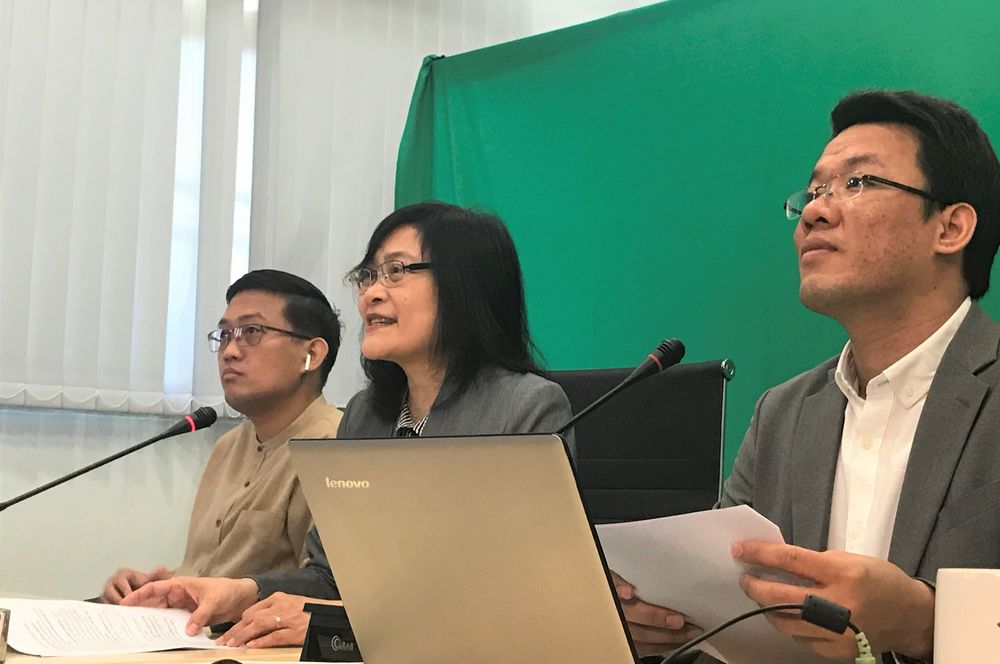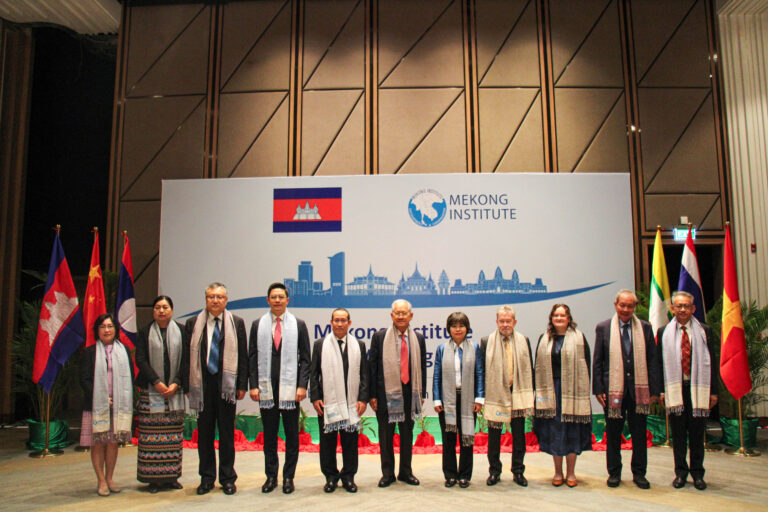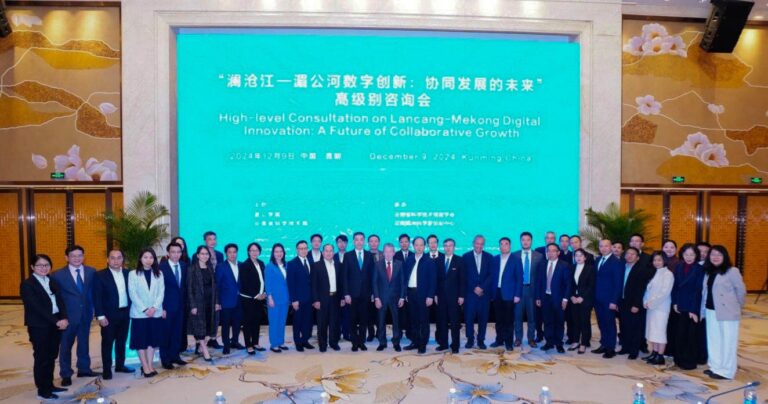Mekong Institute (MI) is helping 19 agri-food enterprises in Cambodia, Lao PDR, Myanmar, and Vietnam improve their food safety management systems through an online training course on basic principles on Hazard Analysis Critical Control Point (HACCP) from December 7 to 11, 2020.
“HACCP is important because it prioritizes and controls potential hazards in food production,” Maria Theresa S. Medialdia, Director of MI’s Agricultural Development and Commercialization Department, said during her opening remarks.
Through the close analysis and control of biological, chemical, and physical hazards along the production and processing processes, HACCP is widely recognized as an effective approach to minimize the exposure of processed food to various food safety risks.
“Through science and technology, we can safeguard public health and boost market competitiveness,” Ms. Medialdia added, underscoring that implementing the recommended HACCP principles will enhance agri-food companies’ capacity to identify critical control points, put in place systematic safe food procedures, and improve monitoring mechanisms through effective application of corrective actions and verification procedures.
The online sessions will enhance participants’ knowledge on the types, causes, and controls of food safety hazards; importance of HACCP in identifying and controlling food safety risks; as well as HACCP’s increasingly important role in international trade. The online training also includes hands-on coaching sessions where participants can develop HACCP plans for their respective agri-food products.
Supported by the New Zealand Aid Programme, this one-week e-training is the first online course offered under MI’s Promoting Safe Food for Everyone (PROSAFE) project. In 2020, the series of PROSAFE activities focuses on strengthening food safety and quality control systems in the agri-food sector amid the current global health crisis as well as promoting a more inclusive public-private network to further sustain a safe food culture in the region.







